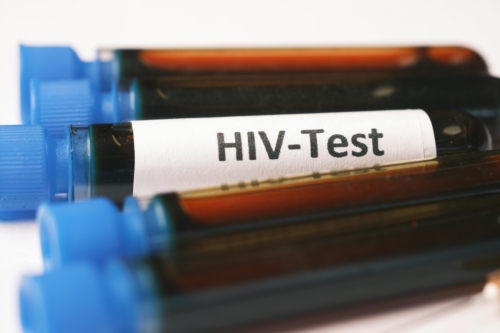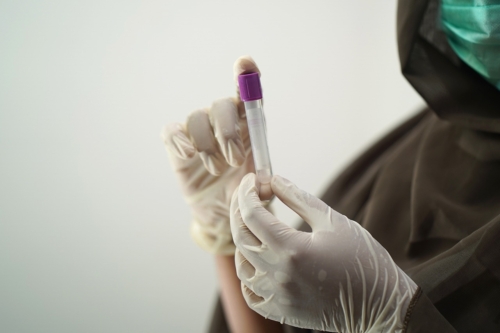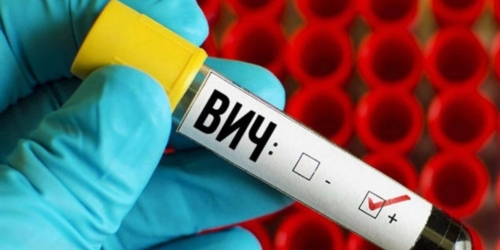Zomba – On 19 January 2017, the Zomba High Court in Malawi delivered a landmark ruling on the application of criminal law to cases of HIV transmission and exposure.
The appellant is a woman living with HIV who was convicted of negligently and recklessly doing an act which is “likely to spread the infection of any disease which is dangerous to life” under section 192 of the Malawi Penal Code for accidentally breastfeeding another person’s child. She was unrepresented at her trial and sentenced to 9 months’ imprisonment.
Before the High Court, she appealed her conviction and sentence and challenged the constitutionality of section 192 of the Penal Code for being vague and overbroad. She raised expert evidence to show the “infinitesimally small risk” of HIV transmission by women on antiretroviral treatment through breastfeeding. The State agreed that the appellant’s conviction and sentence should be overturned and set aside.
At the hearing on 2 December 2016, the Court, per Ntaba J, granted an order that the appellant’s identity be concealed to protect her confidentiality and that of the children concerned. On 19 January 2017, the High Court acquitted the appellant and ordered her immediate release. It held that the proceedings in the trial court were irregular and “blatantly bias” against the appellant, compromising her right to a fair trial.The Court held that the appellant did not have the requisite knowledge or belief that breastfeeding the complainant’s child was likely to spread HIV and cautioned against the misapplication of criminal law in cases of HIV transmission and exposure. The Court recommended the constitutional challenge be filed for separate determination considering the national interest in the issue.
Ms Clara Banya of ICW, Malawi said, “Breastfeeding is not a crime. Breastfeeding is recommended for women living with HIV who are on antiretroviral treatment by the World Health Organisation and in terms of the Ministry of Health’s Guidelines.”
“This case highlights ongoing discrimination against people living with HIV and illustrates the struggles faced by women living with HIV. There is need for communities to understand facts about HIV transmission and exposure,” said Ms Edna Tembo, the Executive Director of the Coalition of Women Living with HIV/AIDS (COWLHA).
“This case sets important precedent regionally on the misapplication of the criminal law in cases of HIV exposure, transmission and non-disclosure. The Court cautioned against the trend of crafting specific offences to deal with HIV, and affirmed the importance of respecting the rights to privacy, dignity and due process of people living with HIV,” said Annabel Raw, Health Rights Lawyer at the Southern Africa Litigation Centre (SALC), which supported the appeal.
“We commend the acquittal of the appellant and the affirmation by the court that the application of criminal law in cases of HIV transmission and exposure should be primarily protective of people living with HIV from ‘the unjust consequences of public panic.’ Laws relating to the criminalisation of HIV transmission, exposure and/or non-disclosure in the southern and east African region are often overly broad and vague, violate criminal law principles, trump human rights and are based on myths and misconceptions about HIV and its modes of transmission, thus undermining effective public health,” said Michaela Clayton, Director of the AIDS and Rights Alliance for Southern Africa (ARASA), who acted as an expert witness for the appellant.
The appellant was represented by Mr Wesley Mwafulirwa of John Tennyson Associates.
NOTE TO PRESS ON PARTIES’ ANONYMITY
The Zomba High Court has issued an order that the names and personal details of the appellant, the complainant and their respective children be anonymised and protected from public disclosure. While press may report on the case, the Court warned that any use of the names or information that may identify the appellant, complainant or children would be a violation of the Court order and subject to contempt of court proceedings.
In granting this order, the Court took judicial note of the fact that the stigma and discrimination attached to HIV continues to be a challenge for people living with and affected by HIV.




